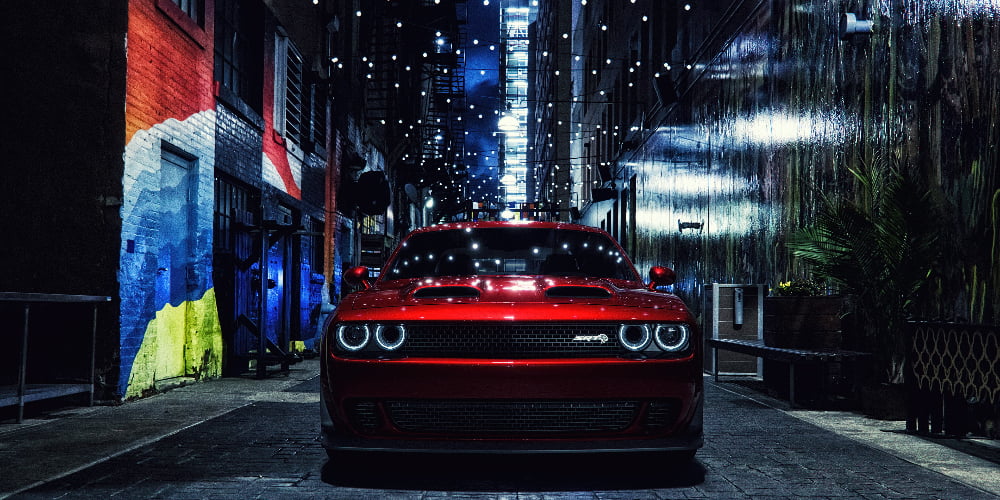Yes, the Dodge Challenger check engine light can be on due to the gas cap. It is possible that the gas cap is loose or damaged, which would cause the light to come on. If the Dodge Challenger check engine light is on due to the gas cap, it is necessary to replace the gas cap. The Dodge Challenger check engine light will not turn off until you replace the gas cap.
If you have replaced the gas cap, but the Dodge Challenger check engine light still remains on, then there may be another problem with your Dodge Challenger. It is possible that the gas cap was not properly installed or that it damaged when being removed.

Dodge Challenger check engine light is on due to gas cap, what should I do?
The Dodge Challenger is a great car, but it’s not perfect. If you notice your check engine light is on, don’t worry! It’s just letting you know that something isn’t right with your car—it could be anything. Here are some tips to help you figure out what’s wrong and how to fix it:
First, check your gas cap. If the Dodge Challenger check engine light is on due to the gas cap, is it necessary to replace the gas cap? Most of the time, no! In most cases, a loose or missing gas cap will cause the check engine light to come on. The issue is usually easy to fix yourself: just tighten or replace your gas cap and then turn off your engine for a few minutes so that all of the sensors can reset themselves before starting up again.

If you’ve already checked your gas cap and replaced it, try checking other areas in your vehicle for problems. The Dodge Challenger check engine light can be caused by many different things—from faulty wiring to malfunctioning sensors—so make sure you take a look at everything before deciding what needs fixing first!
If you can’t figure out what’s causing your check engine light to come on, try taking your vehicle to a mechanic. He or she will be able to diagnose the problem and tell you how much it will cost to fix—and if it’s something that can be done at home or not!

If the Dodge Challenger check engine light is on due to the gas cap, is it necessary to replace the gas cap?
If the Dodge Challenger check engine light is on because of the gas cap, yes you need to replace it. If your vehicle has an issue with its fuel system, it could cause damage to other parts of your car—including other components that are essential for driving safely!
The gas cap is a very important part of your car. It keeps fuel in the tank and prevents it from leaking out. If you notice that there’s an issue with your Dodge Challenger check engine light because of a faulty gas cap, then it should be replaced as soon as possible.
